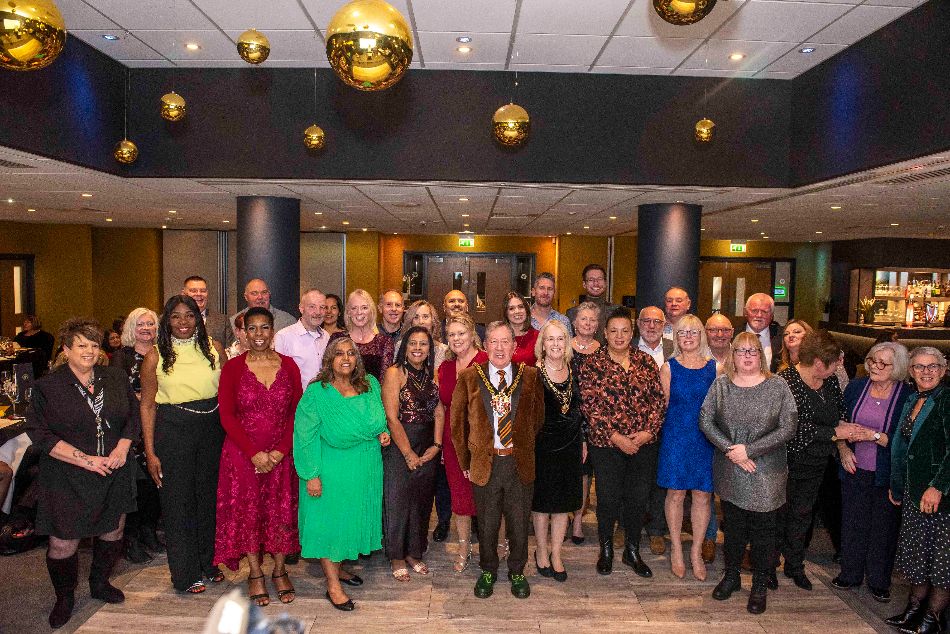Funding to help children and young people in the West Midlands before their problems spiral out of control has been cut by 56%, leaving children and teenagers at greater risk of suffering longer term difficulties, new research reveals. An investigation by The Children’s Society and the National Children's Bureau (NCB) in collaboration with Children & Young People Now shows that Government funding for a range of early help services across welfare, social care and children’s services across the region fell by £198m between 2010 and 2015 – from £356m to £157m.
This early intervention funding – previously called the Early Intervention Grant – has enabled local authorities to step in early through children’s centres, and with services for teenage pregnancy, drugs and alcohol misuse, and positive activities for young people. But over the last five years such early help services have been a casualty of Government spending cuts.
Across England funding for early help fell from £3.2bn in 2010 to £1.4bn in 2015.
The report warns that failure to properly invest in help today will not only damage young lives but risk leading to far greater costs for taxpayers in the years ahead, with greater demand for criminal justice, health and social services.
The charities’ report, shows that despite the efforts of many councils to cushion the blow by securing resources from elsewhere, spending on children’s centres and young people’s and family support services has still fallen by almost a quarter (24%) over five years, from £3bn in 2010-11 to £2.3bn in 2014-15. This represents a cut of more than £700m per year.
Early indications of local authority spending plans for 2015-16, revealed by a Freedom of Information request by Children & Young People Now, suggest the pattern is set to continue, with further significant reductions in spending on children’s centres and young people’s services. Only support for troubled families is likely to remain stable or increase.
The most recent census of Children’s Centres found that, over the coming year, more than half (57%) expect their budget to shrink and up to 112 centres expect to close. And recent research found that between 2011 and 2014 around 350 youth centres closed and 35,000 hours of outreach by youth workers were lost across the country.
Experts in children’s services and social work have suggested a potential link between reductions in spending on early help services and a recent rise in applications for children to be taken into care and protected from abuse.
The Children’s Society and NCB are calling for the Government to increase funding for early intervention services for children and teenagers, similar to the approach taken through the Troubled Families programme which has helped local authorities protect family support services.
The charities are also asking the Government in the next spending round in autumn to introduce five-year protected support for early intervention services and they want Government to develop an effective approach to measuring spending on early intervention services, providing the foundation for a better understanding of how spending is changing over time. They also want local authorities to explore how they can pool resources and work together to provide early help to children and young people.
Anna Feuchtwang, Chief Executive of NCB, said: ‘There is a wide ranging consensus amongst politicians in central and local government that early intervention in children’s lives is a far wiser use of scarce resources than late intervention once problems have escalated. Yet our analysis shows that funding for a range of early help services has been substantially reduced. It is positive that councils have done their best to protect services but there is no getting away from the fact that they have also had to make significant cuts which will impact on the lives of vulnerable children.
‘Before making more cuts that cost government needs to think again. It should work with councils to gain a better understanding of how services have been reconfigured and commit to fund early intervention provision that make a dramatic difference to children’s lives.’
Matthew Reed, Chief Executive of The Children’s Society, said: ‘Early intervention and help for children of all ages improves their lives, stops damage, and prevents more costly remedial solutions in the subsequent few years. That’s why we’re calling on Government to prioritise funding for early intervention and help for teenagers and children to make sure councils can maintain these essential services as we enter another period of austerity. If we keep cutting now early help now it will cost us all dearly in the long run.’
















